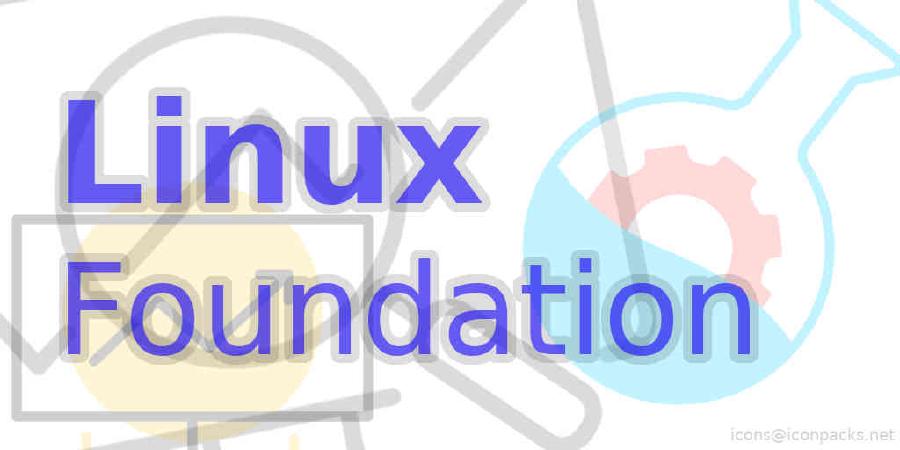PodOverhead: Accounting for Greater Cluster Stability

Accounting is very important in Kubernetes. Better accounting leads to improved node stability, density, and more accurate charging users based on their actual resource utilization. Unfortunately, the …
| Talk Title | PodOverhead: Accounting for Greater Cluster Stability |
| Speakers | Eric Ernst (Senior software engineer, Intel) |
| Conference | KubeCon + CloudNativeCon North America |
| Conf Tag | |
| Location | San Diego, CA, USA |
| Date | Nov 15-21, 2019 |
| URL | Talk Page |
| Slides | Talk Slides |
| Video | |
Accounting is very important in Kubernetes. Better accounting leads to improved node stability, density, and more accurate charging users based on their actual resource utilization. Unfortunately, there are gaps in resource accounting in Kubernetes today, mostly based on the fact that running a pod is not actually free. In Kubernetes 1.16, the PodOverhead feature is introduced to fix these issues. We’ll dive into the details of a pod’s journey from client CLI to running on a node, touching on kubectl, API server, admission controllers, etcd, scheduler, kubelet, containerd/cri-o, and runtimes like Kata Containers and gVisor. Through this we will highlight the current gaps and how the PodOverhead feature addresses them. Attend to get a basic understanding of the Pod creation process, and learn what the new PodOverhead feature is and how it can be used to improve cluster stability.

